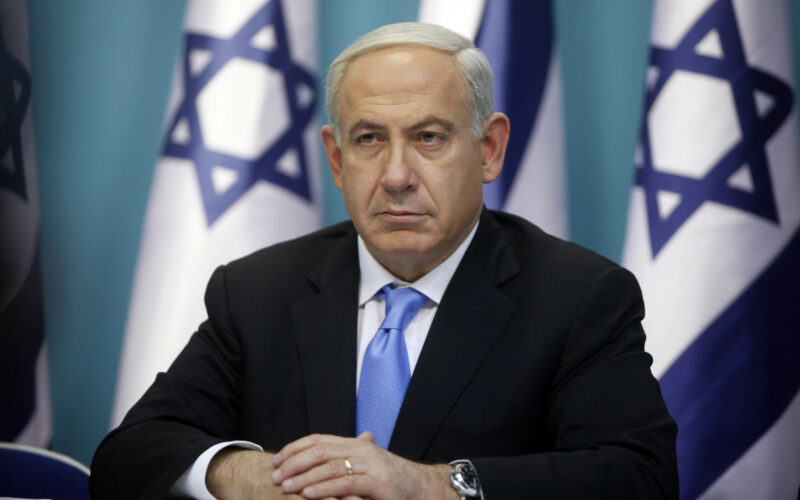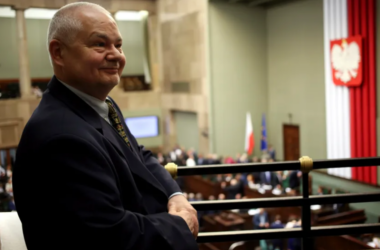In the aftermath of Iran’s weekend attack on Israel, concerns about the potential escalation of hostilities have prompted several allies to caution against further conflict.
Israel’s military leader has affirmed the country’s readiness to respond to Iran’s recent aggression, even as multiple Western nations urge Israel to exercise restraint in the Middle East.
Prime Minister Benjamin Netanyahu convened his war cabinet for the second time in less than 24 hours on Monday to address the ramifications of Iran’s missile and drone assault.
Israel’s military Chief of Staff, Herzi Halevi, stated that his country would retaliate against Iran’s weekend attack, though specific details of the response were not provided.
“This launch of numerous missiles, cruise missiles, and drones into Israeli territory will not go unanswered,” he asserted at the Nevatim Airbase in southern Israel.
Iran’s retaliatory strike, initiated in response to an Israeli airstrike on its embassy compound in Damascus earlier in the month, has raised fears of heightened conflict between Israel and Iran, fueling concerns of broader regional instability.
“We’re teetering on the edge, and it’s imperative to step back,” remarked Josep Borrell, the European Union’s High Representative for Foreign Affairs and Security Policy, in an interview with Spanish radio station Onda Cero.
French President Emmanuel Macron, German Chancellor Olaf Scholz, and UK Foreign Secretary David Cameron echoed similar sentiments, joining calls for restraint made by Washington and United Nations Secretary-General Antonio Guterres.
“Neither the region nor the world can afford further conflict,” emphasized Guterres on Sunday. “Now is the time to defuse tensions and de-escalate.”
While Russia refrained from publicly criticizing its ally Iran for the strikes, Kremlin spokesman Dmitry Peskov expressed apprehension about the risk of escalation and urged restraint.
“Further escalation serves no one’s interests,” Peskov affirmed.
Belgium and Germany summoned Iranian ambassadors to express concern over the attack, during which Iran launched numerous drones and missiles, the majority of which were intercepted by Israel’s Iron Dome defense system with assistance from the US, UK, France, and Jordan.
The exchange of attacks stems from an Israeli airstrike on the Iranian consulate in Damascus on April 1, resulting in the deaths of seven members of the Islamic Revolutionary Guard Corps, including two generals.
Tehran’s retaliatory strike on Israel has intensified apprehensions about the spread of violence throughout the region.
In light of these concerns, US President Joe Biden assured Netanyahu that Washington would not participate in any Israeli counteroffensive against Iran.
Since the commencement of Israel’s conflict with Gaza in October, clashes have erupted between Israel and Iran-aligned groups in Lebanon, Syria, Yemen, and Iraq.
Israel asserts its objective to dismantle the Palestinian group Hamas following its attack on Israel on October 7, resulting in casualties and captives.
The ongoing conflict has led to significant loss of life and extensive destruction in Gaza, raising alarms about the looming humanitarian crisis exacerbated by Israeli restrictions on essential supplies.








